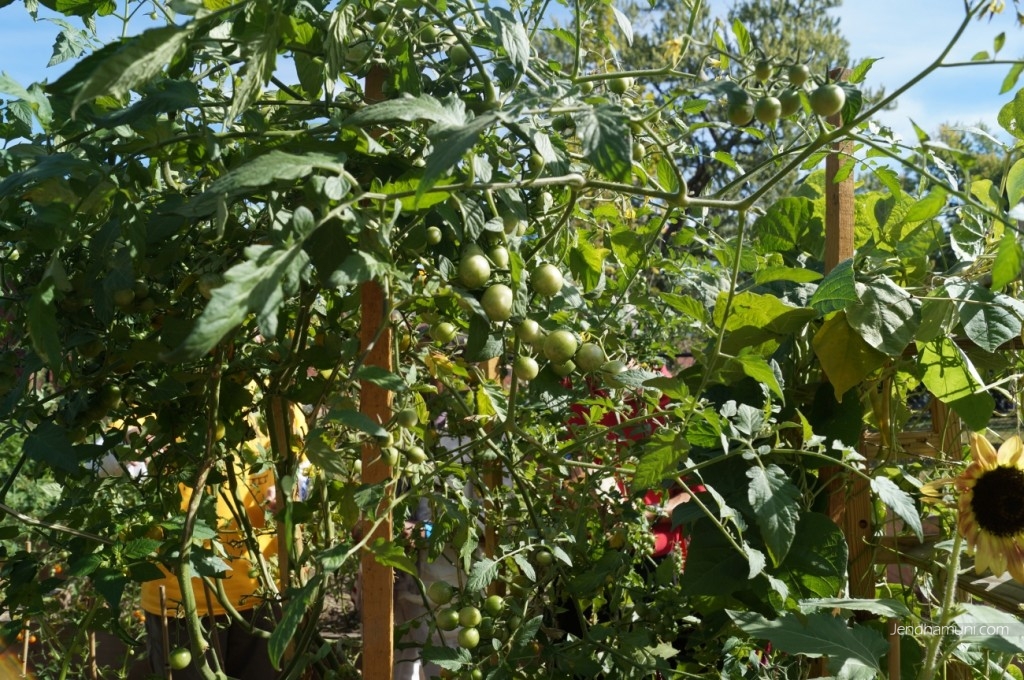There are a few states that do spell out a distinct difference between apple cider and juice. For example, the Massachusetts Department of Agricultural Resources specifies that “Fresh cider is raw apple juice that has not undergone a filtration process to remove coarse particles of pulp or sediment …. Apple juice is juice that has been filtered to remove solids and pasteurized so that it will stay fresh longer.”
Cider from these states is probably what most of us picture: an opaque, highly perishable apple drink available at farm stands and markets in the fall. It’s juice, but unfiltered and sometimes unpasteurized. In unpasteurized apple cider, naturally occurring yeasts can cause fermentation, making the drink slightly fizzy and alcoholic over time. Apple juice in these states, on the other hand, is much more clear and pasteurized. Source: The Kitchn | Link source



















